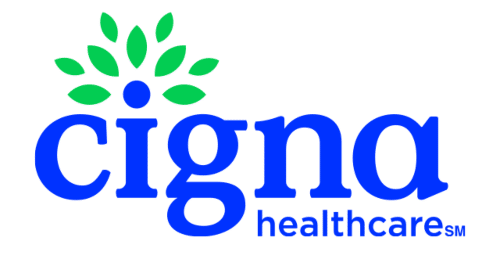Addiction is a chronic disease that impacts the brain and body in a number of ways. Substance abuse can have significant and lasting effects on the brain, which can make it difficult for individuals to stop using drugs or alcohol even when they want to. In sobriety, it is important to understand the impact of addiction on the brain and body in order to fully appreciate the healing process.
One of the key ways that addiction impacts the brain is through changes to the reward center. The brain’s reward center is responsible for releasing dopamine in response to pleasurable experiences, which reinforces the behavior and makes us more likely to repeat it. With substance abuse, the reward center can become overwhelmed, flooding the brain with dopamine and creating a powerful and intense high. Over time, this can lead to a reduction in the brain’s natural production of dopamine, which can make it difficult for individuals to experience pleasure or motivation without drugs or alcohol.
In addition to changes in the reward center, addiction can also impact other areas of the brain. Substance abuse can damage the prefrontal cortex, which is responsible for decision-making, self-control, and impulse regulation. This can make it difficult for individuals to make rational decisions or resist the urge to use drugs or alcohol, even when they know it is harmful.
The impact of addiction is not limited to the brain; it can also have significant effects on the body. Substance abuse can lead to a number of health problems, including liver disease, heart disease, and lung disease. Injecting drugs can increase the risk of infections and diseases such as HIV/AIDS and hepatitis. Substance abuse can also impact the immune system, making individuals more vulnerable to infections and illnesses.
In sobriety, it is important to recognize that the brain and body can heal from the effects of addiction. With time, the brain’s reward center can begin to recover, and natural dopamine production can increase. In addition, the prefrontal cortex can also begin to repair itself, leading to improvements in decision-making and self-control. With sobriety, individuals can also begin to address any health problems caused by substance abuse, which can improve overall well-being and quality of life.
It is important to note that the recovery process is not always linear, and some individuals may experience setbacks or relapses. However, even if a relapse occurs, it does not negate the progress that has been made in sobriety. With ongoing support and care, individuals can continue to heal and make progress towards lasting recovery.
In addition to physical healing, sobriety can also lead to emotional and psychological healing. Addiction can often be a coping mechanism for underlying emotional pain or trauma. In sobriety, individuals can begin to address these underlying issues and develop healthy coping mechanisms. With therapy and other forms of support, individuals can learn to manage emotions in a healthy way and build a fulfilling life in sobriety.
Another impact of addiction on the brain is the development of tolerance and dependence. With substance abuse, the brain can become tolerant to the effects of drugs or alcohol, meaning that higher doses are needed to achieve the same effect. This can lead to dependence, where the brain becomes reliant on the substance to function normally. In sobriety, it can take time for the brain to readjust to functioning without the substance, and individuals may experience withdrawal symptoms as a result.
In addition to physical withdrawal symptoms, individuals may also experience psychological withdrawal symptoms. This can include cravings, irritability, and mood swings. With ongoing support and care, individuals can develop healthy coping mechanisms for managing these symptoms and avoiding relapse.


















